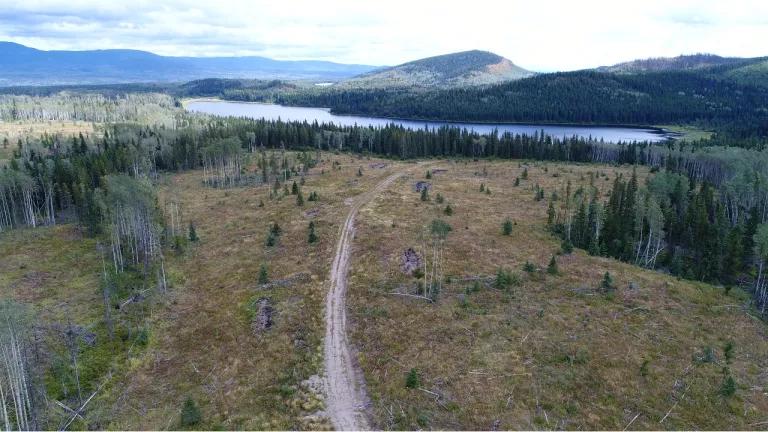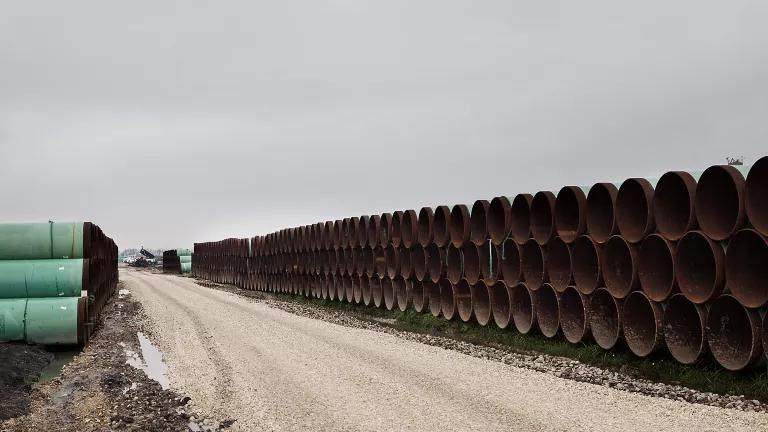Today the Canadian Energy Resources Conservation Board (ERCB) released a report on its investigation into a September, 2011 hydraulic fracturing incident that led to groundwater contamination. The ERCB is an independent quasi-judicial agency that regulates all energy development in the province of Alberta.
The 2011 incident involved fracking of a natural gas well, and the ERCB report outlines in detail all of the errors made by the company conducting the fracking operation. The ERCB concluded that the fracking company "improperly perforated and hydraulically fractured at a shallow depth." A year after the incident, the ERCB found that the groundwater continued to be impacted by fracturing fluids.
According to the report, groundwater monitoring in September, 2012 found the following: "The concentrations of chloride has decreased from the February 2012 sample, but remains elevated. Benzene, toluene, ethylbenzene, and xylene (BTEX) concentrations remained unchanged between the February and September 2012 sampling events. The petroleum hydrocarbon (PHC) fractions F2 through F4 concentrations overall decreased (with the PHC fraction F1 showing an anomalous increase)."
The ERCB concluded: "Collectively, Crew [the well owner] and the onsite service company’s personnel did not adequately manage the risks associated with the coiled tubing perforating and propane hydraulic fracturing operations. There were multiple opportunities to recognize that a problem existed, which could have prevented or at least minimized the impact of the hydraulic fracturing operation above the base of groundwater protection."
I think this is ultimately every community's concern about fracking--that oil and gas companies cannot adequately manage the risks.



